Chancellor Jeremy Hunt last week delivered a well-measured performance in the House of Commons, despite rowdy parliamentary theatrics from the opposition benches.
With little fiscal room for manoeuvre, Hunt announced a plethora of measures impacting key policy areas including taxation, public debt and spending, housing, transport and energy.
The package seeks to facilitate much-needed long-term growth for the UK economy by delivering lower taxes, better public services and more investment.
The political subtext of the chancellor’s speech was also evident: the need to move the dial on public opinion and begin to narrow the polling gap behind Labour.
Hunt’s attempt to wrong-foot Labour by abolishing the nom-dom tax regime, which allowed wealthy individuals to avoid paying tax on their foreign income, seeks to nullify what would have likely been a key Labour attack line during a general election campaign.
As always, I was keeping a close eye on potential announcements which would impact the housing and property sector – and there were certainly some measures which are welcomed. The chancellor’s announcement of £242m in investment to support the building of 8,000 new homes in the UK is a positive step in the right direction.
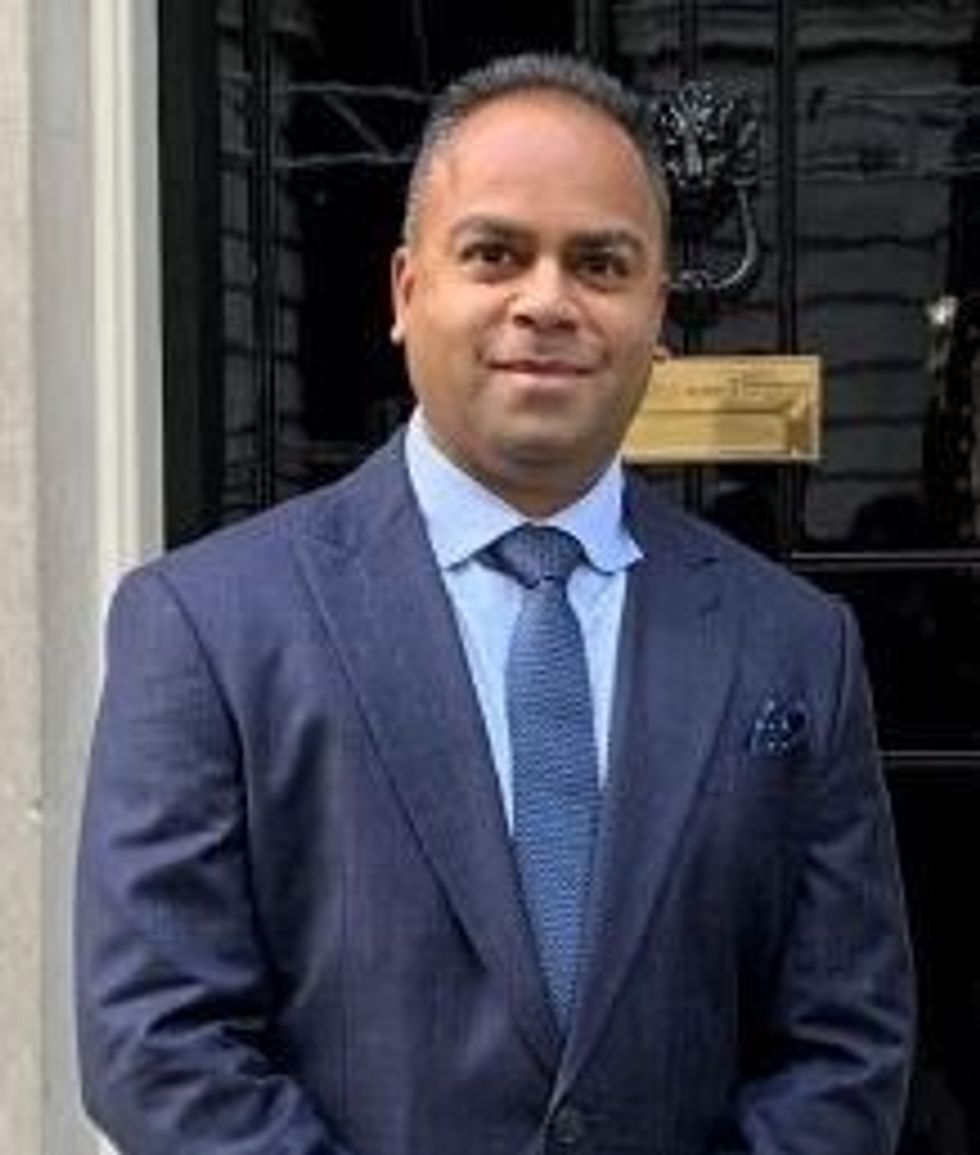
So too were promises of an AI pilot to improve productivity amongst planning officers, and additional levelling up funding to boost growth outside of London and the south east.
In light of the UK’s recent economic difficulties, the government must go further with changes to the UK’s local planning authorities and inspectorates and deliver the desperately needed supply-side reform that will allow companies like the Westcombe Group to get spades in the ground and start boosting the UK’s housing stock.
Looking forward, if the prime minister opts for an election in Winter 2024, Hunt will have an opportunity to use the Autumn budget to go even further in supporting UK housebuilding.
I would welcome deep-rooted reform to the current planning system, more funding for affordable and social housing, and housing infrastructure investment to unlock supply and create a new generation of Great British homeowners.
(The author is the CEO of Westcombe Group)

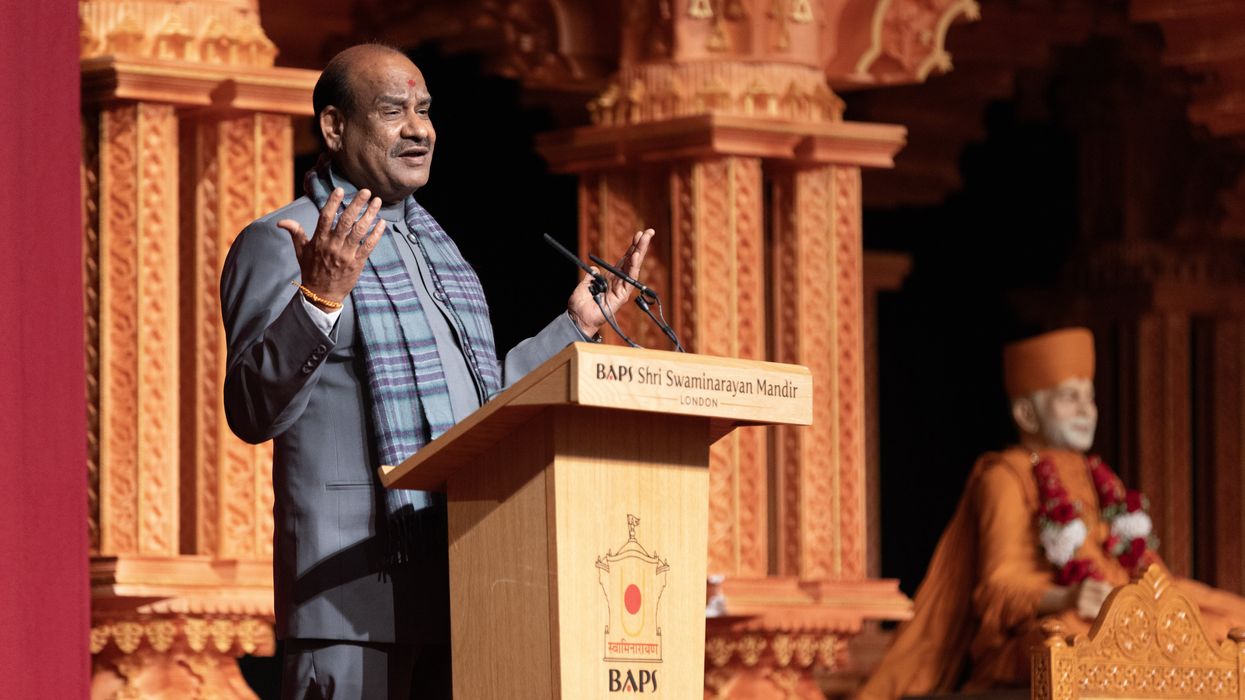



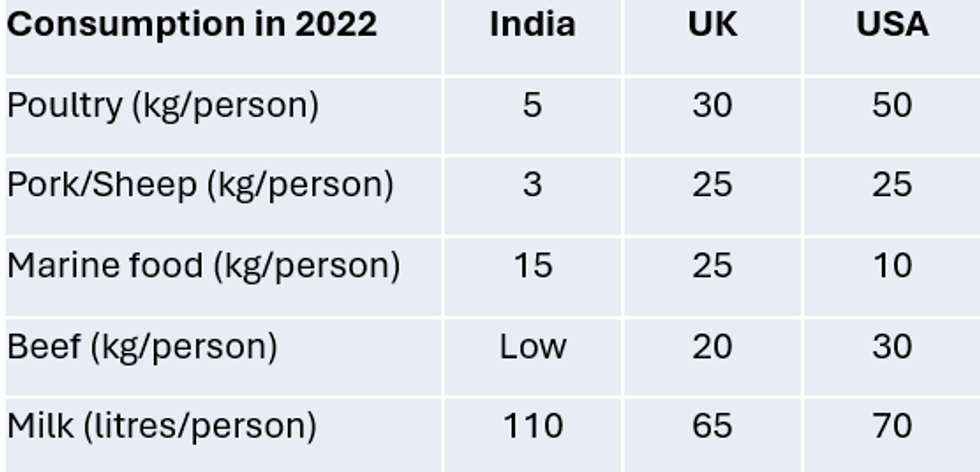
 Krishna often depicted with calves and bulls as much as cows!
Krishna often depicted with calves and bulls as much as cows! 













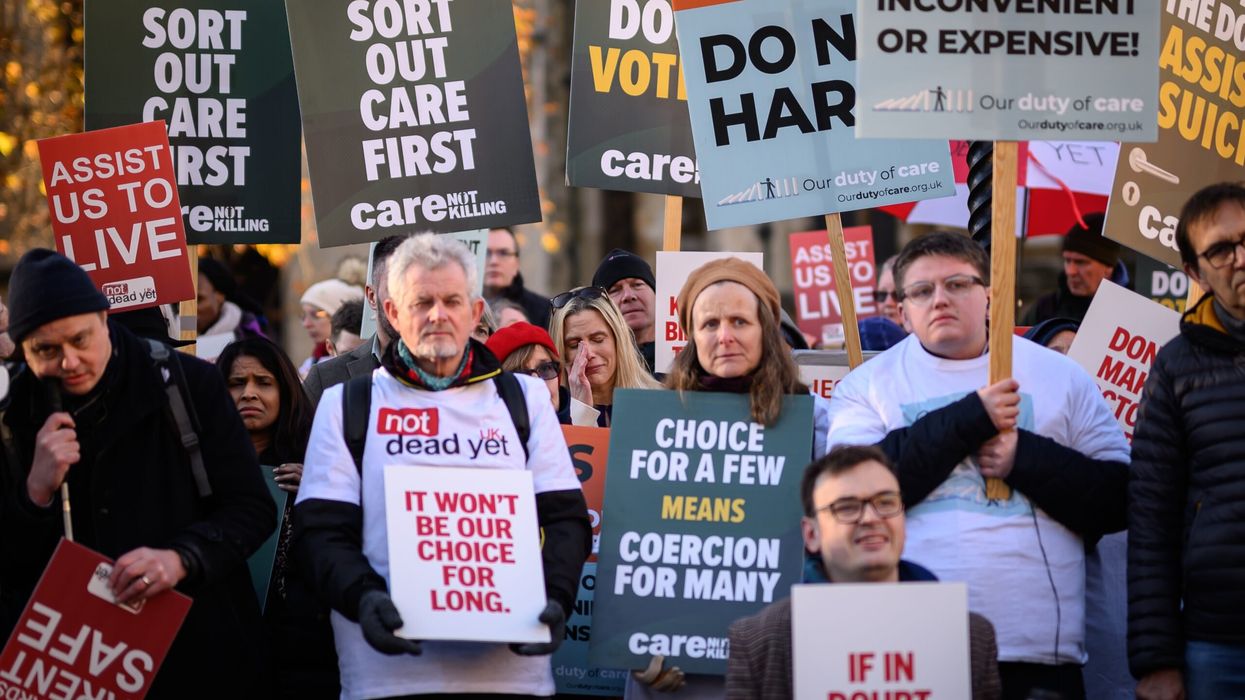
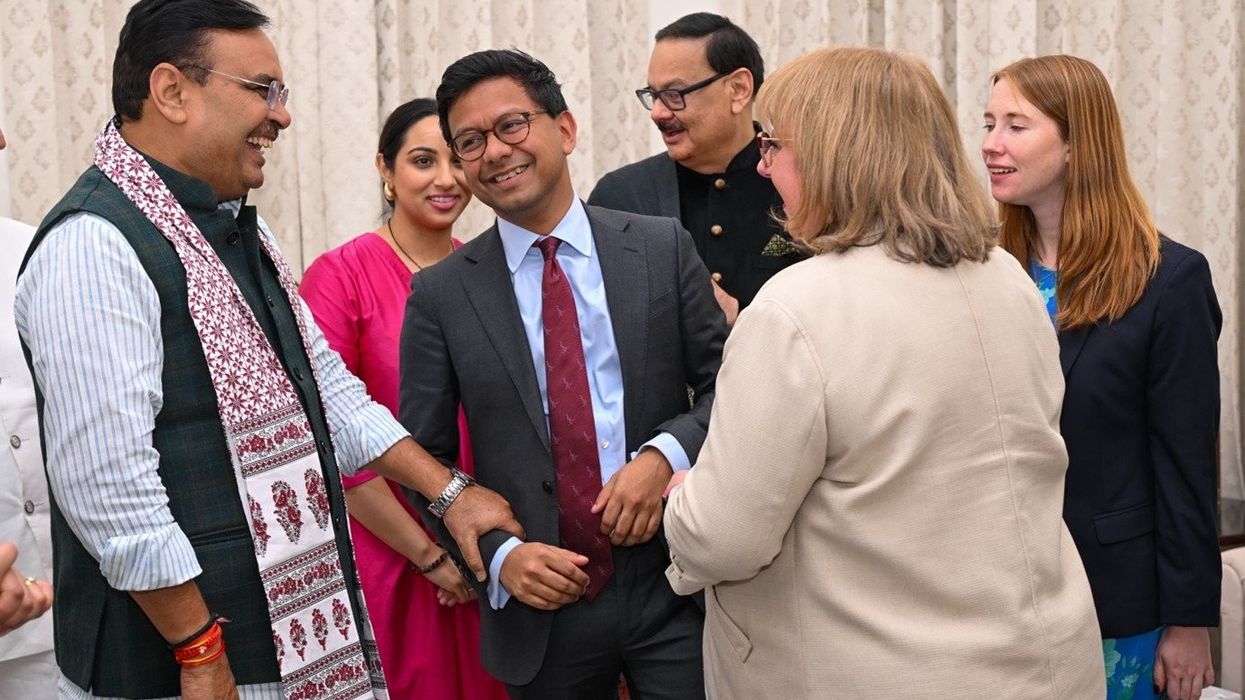
Hunt's budget seeks to facilitate much-needed long-term growth for UK
The political subtext of the chancellor's speech was also evident: the need to move the dial on public opinion and begin to narrow the polling gap behind Labour.